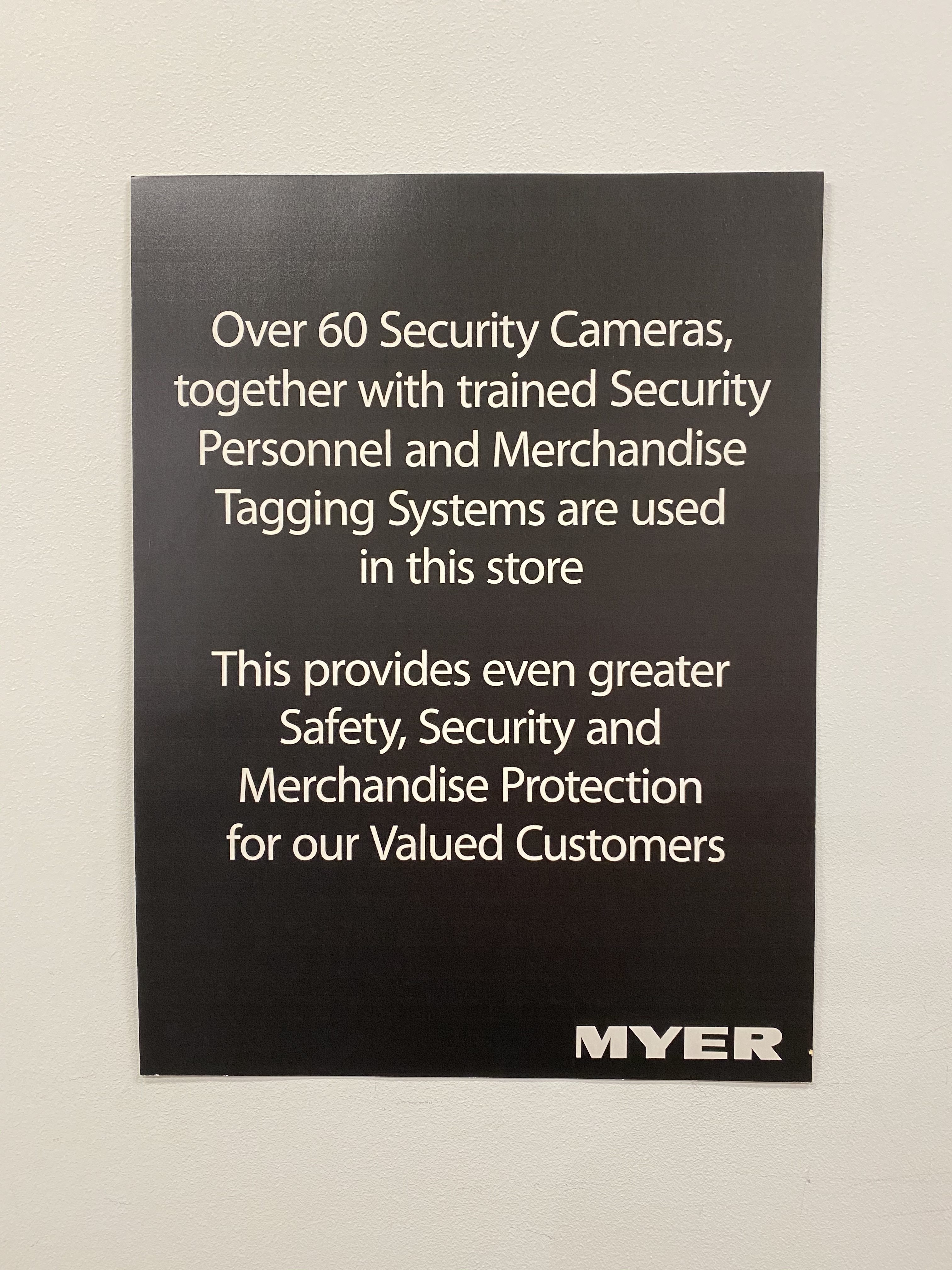
Perhaps the simplest of all grammatical concepts is the noun. If you went to an Australian public school, as I did, teachers often gave a very clear and concise explanation for what constitutes a noun: it is either a person, place or thing (notice that each explanatory word is a noun itself!).
Of course, it’s much more interesting than this. You can have general nouns, concrete nouns, abstract nouns, gerunds, collective nouns… the list goes on.
What I find confuses people most however, is the difference between common and proper nouns in English. Oxford English Dictionary defines them as follows:
Common noun: a noun denoting a class of objects or a concept as opposed to a particular individual; and
Proper noun: a name used for an individual person, place or organisation, spelled with an initial capital letter, e.g. Jane, London and Oxfam.
Quite simply, the difference is whether the noun deserves a capital letter or not. A place name, such as ‘Melbourne’, deserves one, but a general word like ‘milk’ does not.
In languages like German, it’s different—all nouns are assigned a capital letter, regardless of their significance or what they represent. A proper noun like Otto, the abstract noun Fröhlichkeit (cheerfulness) and the common noun Milch (milk) all have capitals in German.
Back to English, you just have to learn to understand the difference and deal with what seems to be (but isn’t) inconsistent. Unfortunately, too many people fail to understand this distinction and include capital letters in common nouns. To give you an example, consider the qualification ‘Master of Business Administration’. In this particular name, all the nouns ‘master’, ‘business’ and ‘administration’ are common, but combined they form the official title of a qualification, which earns them the right to have a capital letter. The title is a proper noun in the form of a group.
I have noticed increasingly, however, that people see such titles and do not realise that they are in title case; instead, they believe that all fields—whether business administration, science, engineering or law—are all official things that require a capital letter.
It has become such a visual scourge online (at least for me), that I have chosen to classify it with a new term: CAPITALISEm.
The growing phenomenon of CAPITALISEm is not confined to professional spheres; it’s also prevalent on retail signage. This week, I spotted this puzzling example at a Myer shop, which looks like it was written by someone who thinks that Everything on the Sign is really important.

After reading this sign, one could assume that there are 60 people called ‘Security Camera’, one person by the name of ‘Security Personnel’ and an indeterminable number of people called ‘Merchandise Tagging Systems’. Furthermore, they are all being ‘used’ in some way, which I don’t wish to imagine.
Moving to the next sentence, the writer has switched to the German tradition of capitalising the abstract nouns ‘Safety’, ‘Security’ and ‘Merchandise Protection’—all undoubtedly significant elements of the human condition. Finally, the beneficiaries of these abstract nouns are ‘Valued Customers’. I can only assume that Myer believes that all visitors to its shops are called ‘Valued Customer’.
The icing on the cake is that neither of the two sentences end with a full stop and only one noun on the entire sign has not been granted the privilege of CAPITALISEm: ‘store’. With the capitalisation of this common noun, someone at Myer could have convinced me that they were going for some sort of super-innovative retail title case, however this reveals that it was in fact only foolish inconsistency. Someone wrote this poorly, someone ordered it to be made, someone made it and then someone put it on the wall. Nowhere along the line did someone look at this and say, ‘This looks ridiculous’.
Moreover, it is possible that with a logo in all capital letters, MYER is Australia’s leading advocate for the new wave of CAPITALISEm. The company clearly cannot envisage a world in which the capital letter does not reign SUPREME.
The next time that you read a Post online about the growing Importance of measurable Data in effective Brand Storytelling or browse a Menu and choose to order roast Lamb with a red Wine Jus on a bed of mashed Potato, grilled Asparagus and Cherry Tomatoes, point out these rogue, nonsensical capital letters and ensure that you do not fall into the same habit in your writing.
MUST… CRUSH… CAPITALISEm.